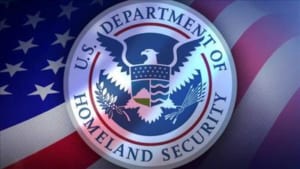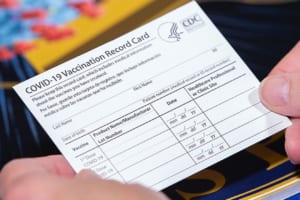The Department of State (“DOS”) December 2021 visa bulletin is out and the priority date for non-regional center investments made by EB-5 investors under the EB-5 visa category is current for all countries including China. This is the first time that EB-5 visa numbers have been “current” for Chinese investors since 2015.
The priority date for non-regional center investors being current is a result of the regional center program (“Program”) having lapsed on June 30, 2021. The priority date for Regional Center investors is remains unavailable (U) for all countries.
Tens of thousands of EB-5 investors who filed petitions under the Program cannot be issued visas or be granted adjustment of status; thus, the annual EB-5 visa quota of about 10,000 visas are now available for any investors who have an approved Petition if they made a “Direct” EB-5 investment. These visas are now available for “Direct” investors. A “Direct” EB-5 investment means that the investor’s business must directly create 10 jobs for U.S. workers and cannot take advantage of indirect and induced job creation that was available under the Program.
The December visa bulletin also shows a current priority date for other countries like Vietnam and India which were also backlogged under the regional center program because of high demand. Those countries have been current since the August visa bulletin, as well as all other countries worldwide.
Potential EB-5 investors from China and Vietnam who are considering making a Direct EB-5 investment now to qualify for an EB-5 visa should be cautious. If Congress reauthorizes the Program, the annual quota of 10,000 visas should once again become available for all past EB-5 investors and this would push the priority date under the regional center program back to late 2015 for Chinese investors and early 2018 for Vietnamese investors. This would in turn place those investors investing in a Direct business at the back of the visa waiting line.
There is still no indication if or when Congress will reauthorize the Program. Making a Direct investment could result in a Chinese or Vietnamese investor obtaining a visa quickly and avoiding any “retrogression” of the priority dates, thus skipping ahead of other investors who invested before them. Alternatively, if Congress acts to reauthorize the Program, it most likely will include changes such as an increase of the minimum investment amount (now US$500,000) and other changes that might make it more difficult for investors to qualify.
If you have any questions about the information herein, contact us at info@enterlinepartners.com and speak with a U.S. immigration attorney in Ho Chi Minh City, Manila and Taipei.
ENTERLINE & PARTNERS CONSULTING
Ho Chi Minh City, Vietnam Office
Suite 601, 6th Floor, Saigon Tower
29 Le Duan Street
Ben Nghe Ward, District 1
Ho Chi Minh City, Vietnam
Tel: +84 933 301 488
Email: info@enterlinepartners.com
Facebook: Enterline & Partners – Dịch vụ Thị thực và Định cư Hoa Kỳ
Website: http://enterlinepartners.com
Manila, Philippines Office
Tel: +632 5310 1491
Email: info@enterlinepartners.com
Facebook: Enterline and Partners Philippines
Website: https://enterlinepartners.com/language/en/welcome/
Copyright 2021. This article is for information purposes only and does not constitute legal advice. This article may be changed with or without notice. The opinions expressed in this article are those of Enterline and Partners only.








